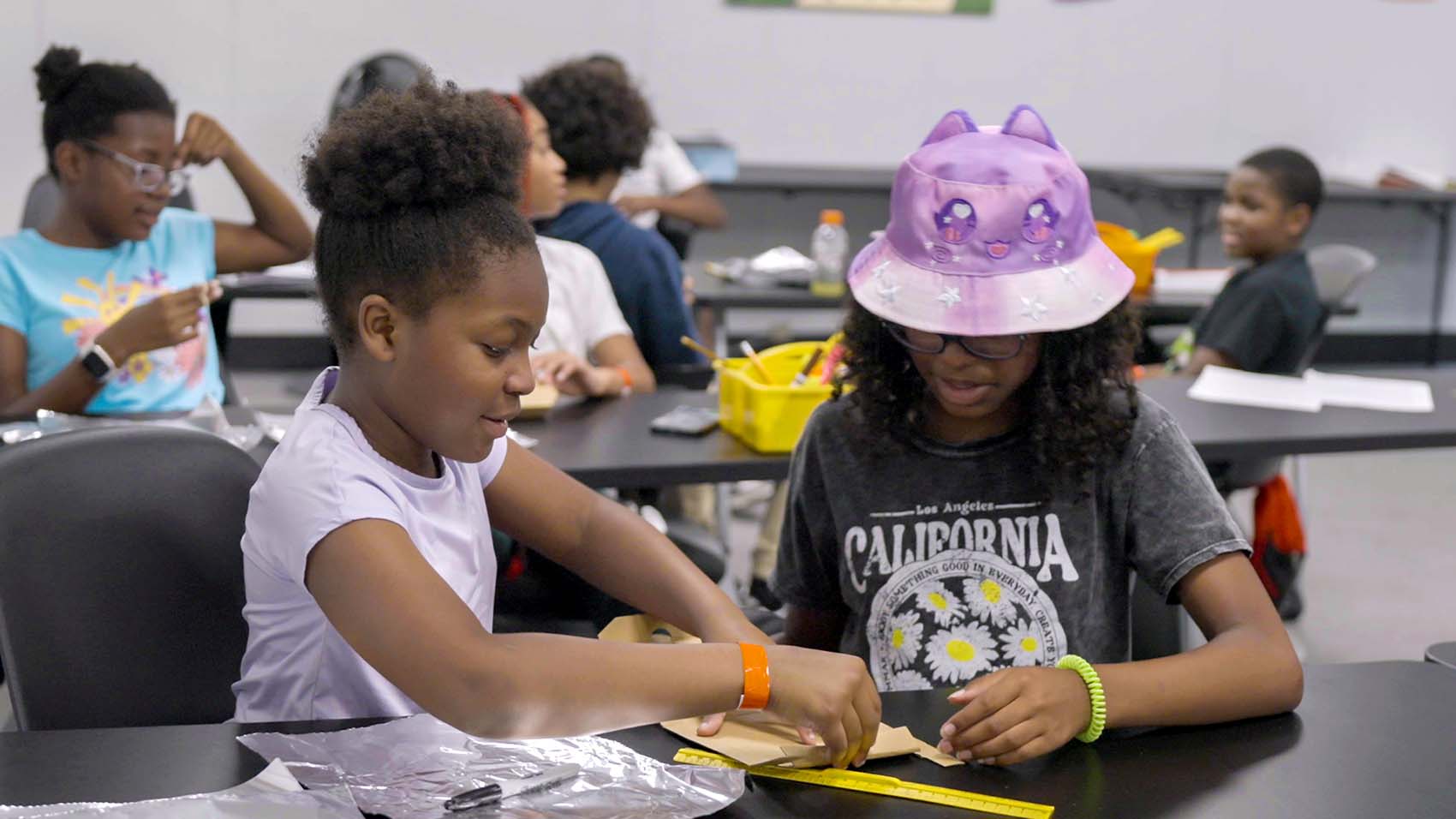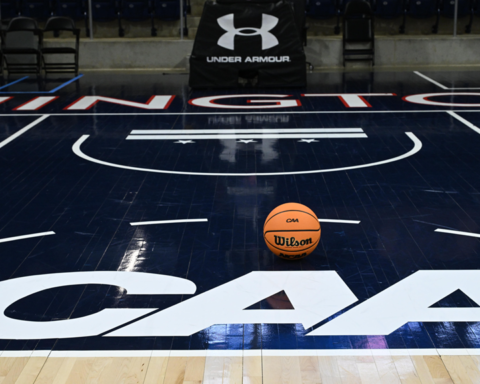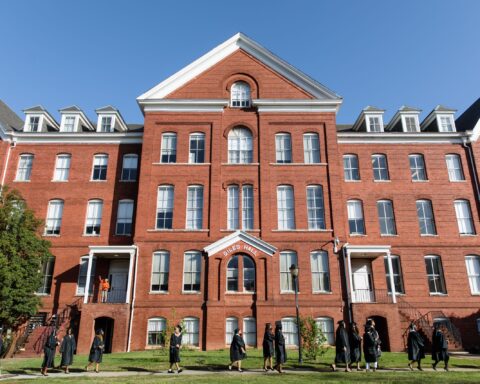By Emily Mercer
Meeting the demand for tomorrow’s energy workforce begins with the development of STEM programs that inspire and prepare today’s youth.
The Historically Black Colleges and Universities (HBCU) Clean Energy Education Prize—first launched in March 2023—empowers HBCUs to lead this effort.
The prize’s Inspire Track was designed to support the development and expansion of HBCU-hosted clean energy summer or academic-break programs for K–12 and community-college students.
Last year, 10 finalists of the first round of the Inspire Track used their prize funds to host summer programs on clean energy topics ranging from renewable energy and energy efficiency technologies to environmental conservation and restoration. Many of these initiatives prioritized recruiting minority students, opening doors to populations historically underrepresented in STEM and clean energy fields.
This year, the HBCU Clean Energy Education Prize is returning with a second round of the Inspire Track, building on its mission to expand clean energy education opportunities for HBCU students and provide them with the skills and opportunities they need to excel in clean energy careers.
“We are thrilled to continue the impact of this prize with the Round 2 of the Inspire Track,” said Terrence Mosley, senior advisor for STEM and university partnerships at the U.S. Department of Energy’s Office of Energy Efficiency and Renewable Energy. “We look forward to seeing the innovative program ideas that will inspire and equip historically underrepresented students in STEM to pursue careers in various energy fields.”
Prize Details
The second round of the Inspire Track features a prize pool of $600,000 in cash prizes awarded across two phases:
- Phase 1: Up to 12 winning teams will receive $40,000 each to develop educational programs hosted on their campuses during a summer or academic break. Teams must outline their plans, including proposed timing, partners, program goals, and the ages and number of students served.
- Phase 2: Phase 1 winners will implement their programs and submit reports showcasing their impact, including metrics, success stories, and lessons learned. Teams with successful Phase 2 submissions will receive an additional $10,000.
“This prize invests in the talent and creativity of HBCUs to help build a resilient energy future for America,” Mosley said. “I’m excited to see how the programs developed will empower students to tackle the challenges of modernizing our energy systems.”





